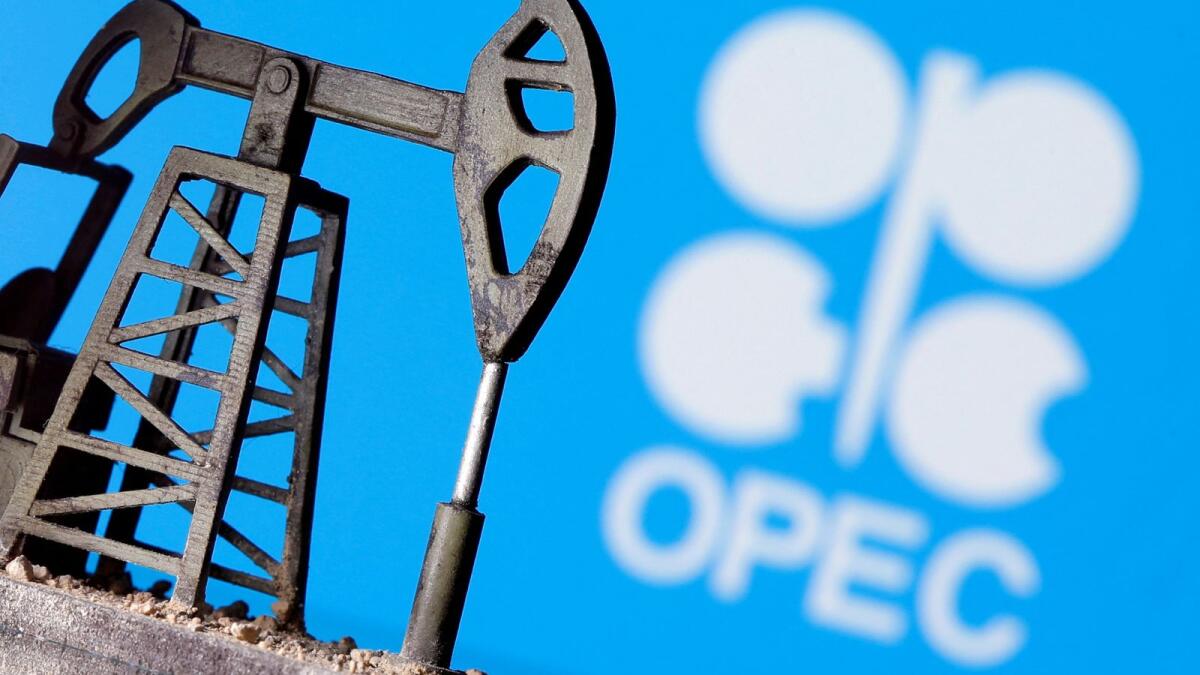The Organisation of Petroleum Exporting Countries (Opec) has recently received updated output compensation plans from Iraq and Kazakhstan, detailing their efforts to make up for overproduction in the first seven months of this year by September 2025. Opec and other producers, including Russia, collectively known as Opec+, have been implementing output cuts since late 2022 to stabilize the market, with most of these cuts scheduled to remain in place until the end of 2025. Iraq’s cumulative overproduction between January and July was recorded at 1.4 million barrels per day (bpd), while Kazakhstan’s overproduction stood at 699,000 bpd, according to Opec.
The Iraqi oil ministry confirmed submitting an updated compensation plan to the Opec Secretariat, highlighting the steps taken to reduce production levels and compensate for exceeding designated production levels in previous months. This move reflects Iraq’s commitment to supporting Opec+’s joint efforts towards balance and stability in the global oil market, with the aim of safeguarding the interests of all producing and consuming countries. Russia, on the other hand, acknowledged exceeding its July production quota agreed with Opec+ but pledged to comply with it and make up for the excess output.
Opec+ has confirmed a plan to gradually unwind the most recent layer of production cuts, reducing output by 2.2 million bpd starting from October. However, this plan comes with the flexibility of being paused or reversed if deemed necessary. The group’s decision to implement production cuts and compensation plans is crucial in supporting the oil market’s stability and ensuring that production levels align with global demand. By adhering to these agreements, Opec+ members strive to maintain a balance between supply and demand, preventing any drastic fluctuations in oil prices.
The global oil market is influenced by various factors, such as geopolitical tensions, economic conditions, and supply-demand dynamics. Opec and its allies play a key role in managing these factors through coordinated production adjustments and measures. Compliance with agreed-upon output quotas and compensation plans is essential in preserving the stability of oil prices and ensuring a sustainable market environment for both producers and consumers. The commitment shown by Opec+ members, including Iraq and Kazakhstan, demonstrates their dedication to supporting the collective efforts aimed at achieving market balance and stability.
As the oil industry continues to navigate challenges and uncertainties, cooperation among Opec member countries and their allies remains crucial in responding to market dynamics effectively. By working together to address production imbalances and maintain market equilibrium, Opec+ can help mitigate volatility and promote a sustainable oil market environment. The implementation of output cuts and compensation plans reflects a proactive approach to managing supply levels and responding to changing market conditions, ultimately benefiting all stakeholders involved in the global oil industry.











